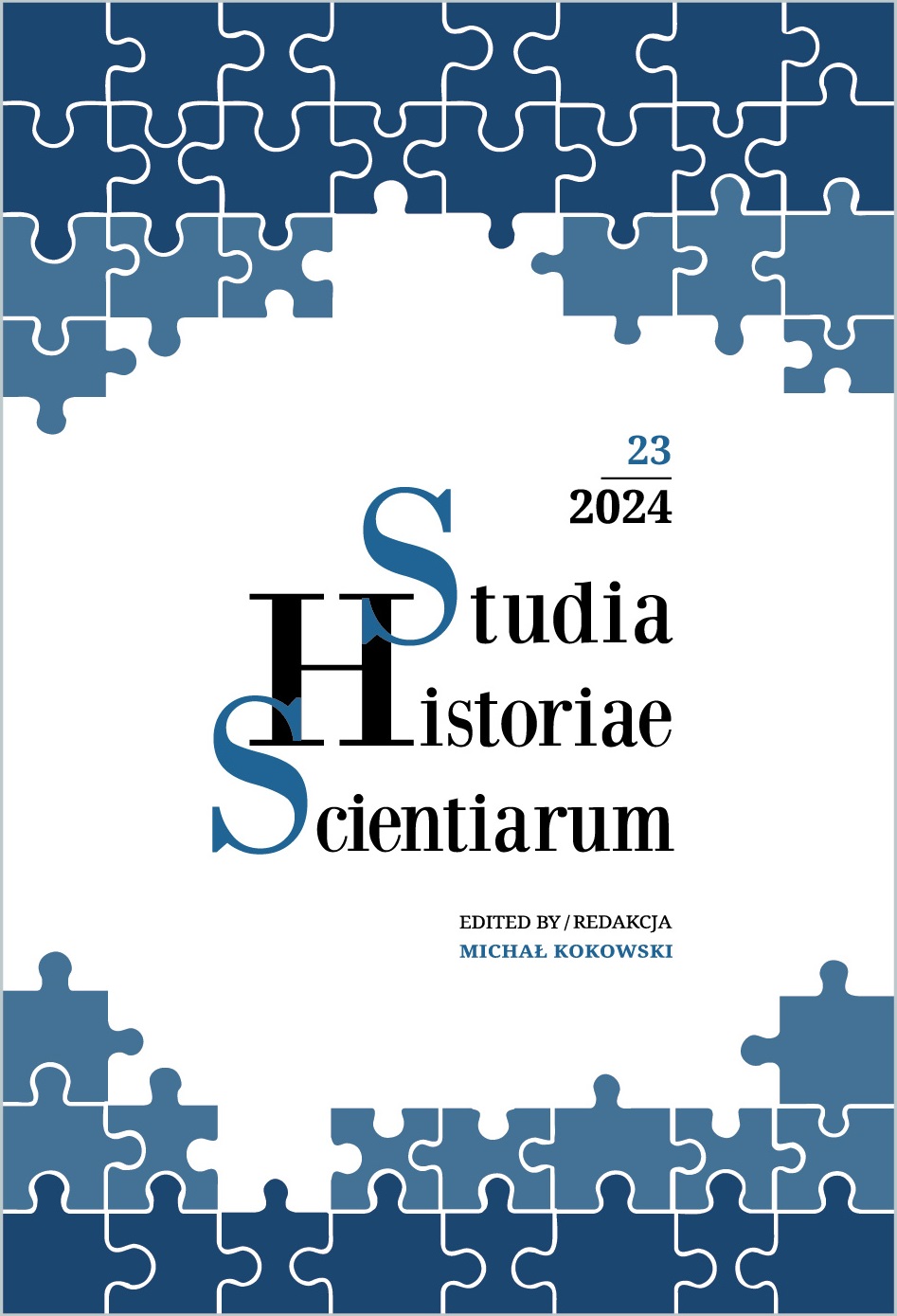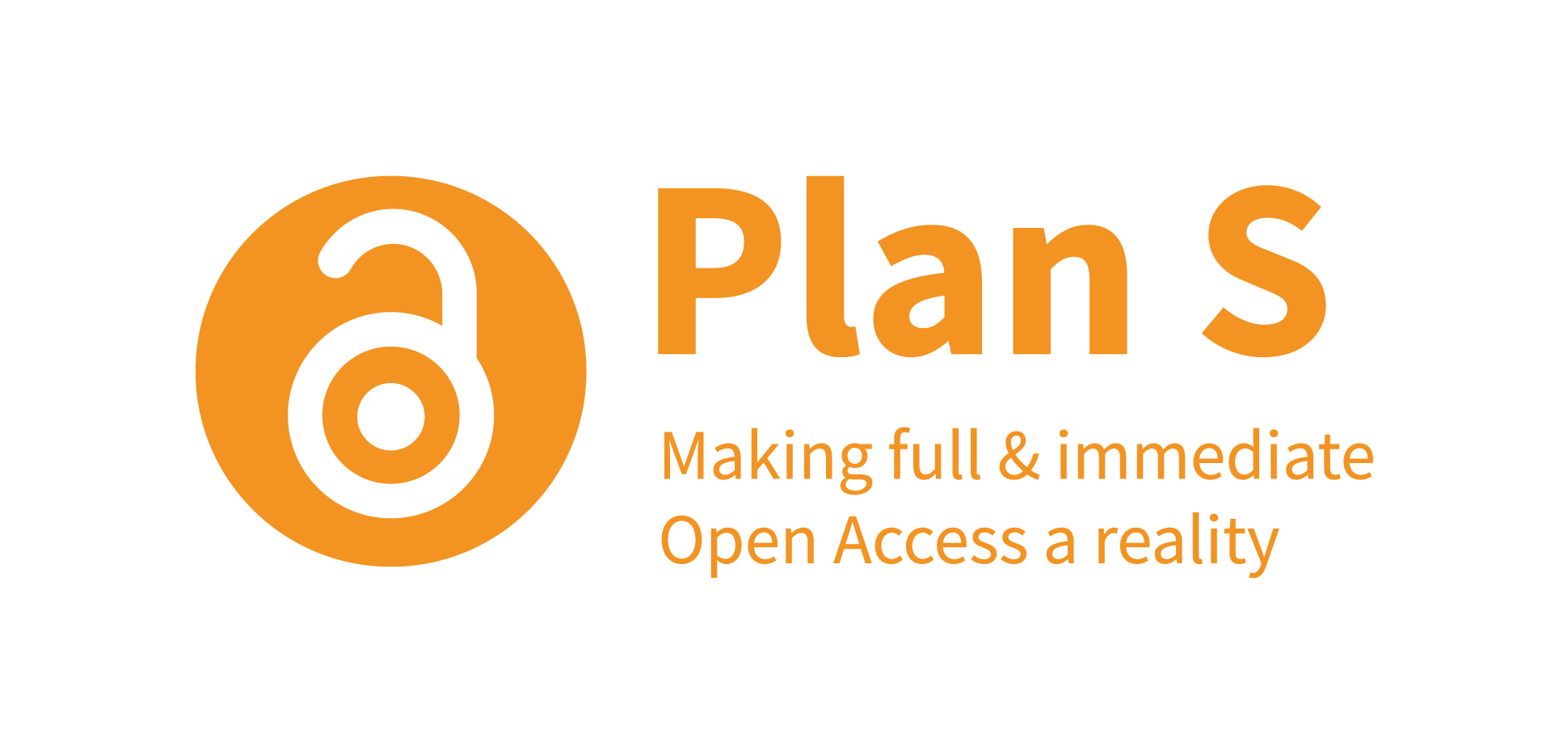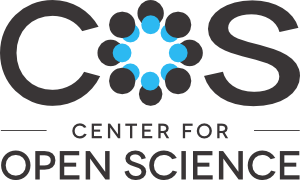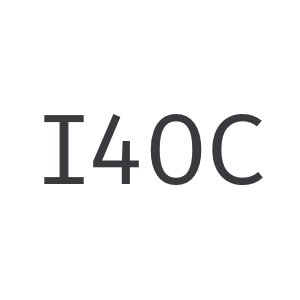The Kitchen and the Dacha: Productive Spaces of Soviet Mathematics
DOI:
https://doi.org/10.4467/2543702XSHS.24.018.19591Keywords:
mathematics, anti-Semitism, discrimination, Soviet Union, social networks, parallel social infrastructure, public, private, scientific community, institutionsAbstract
In the late 1960s and 70s, due to the Soviet regime’s crackdown on dissident activities and rising anti-Semitic policies, many mathematicians from “undesirable” groups faced discrimination and serious administrative restrictions on work and study at top-ranking official institutions. To overcome such barriers, the mathematical community built extensive social networks around informal or semi-formal study groups and seminars, which formed a parallel social infrastructure for learning and research. As result, mathematical activity began shifting from public educational and research institutions into private or semi-private settings — family apartments, summer dachas, and countryside walks. For many Soviet mathematicians, instead of being a refuge from work, their home apartments and dachas became their primary working spaces — places where they did their research, met with students, and exchanged ideas with colleagues. At the intersection of work and private life, a tightly knit mathematical community emerged, whose commitment to scholarship went beyond formal duty or required curriculum, a community practicing mathematics as a “way of life.” The parallel social infrastructure functioned in tense interdependency with official institutions and borrowed some characteristics of the official system it opposed.
References
Central Municipal Archive of Moscow [now Central State Archive of Moscow]. Records of Moscow University. F. 1609.
Central Archive of Social Movements of Moscow [now Central Archive of Social-Political History of Moscow]. Records of the Division of Applied Mathematics of the Mathematical Institute of the USSR Academy of Sciences. F. 8033.
Drinfeld, Vladimir 2013: Interview by author. Cambridge, MA, 31 August.
Graev, Mark 2016: Interview by Vasilli Demidovich (February 2013). Sem’ iskusstv, no. 4. URL: https://7iskusstv.com/2016/Nomer4/Demidovich1.php (30-09-2023).
MacPherson, Robert D. 2012: Interview by Robert L Bryant. 30 May. URL: https://simonsfoundation.org/science_lives_video/robert-d-macpherson (30-09-2023).
Margulis, Gregory 2013: Interview by author. Cambridge, MA, 31 August.
Margulis, Gregory 2016: Interview by Ol’ga Filina. Ogonek. 7 November. URL: https://www.kommersant.ru/doc/3131344 (30-09-2023).
Vershik, Anatolii 2013: Interview by Nataliia Demina. 18 March. URL : https://web.archive.org/web/20220331220156/http://polit.ru/article/2013/03/18/vershik2/ (30-09-2023).
Vershik, Anatolii 2024: Interview by author. Online, 10 February.
Zakharevich, Il’ia 2012: Interview by author. Cambridge, MA, 19 May.
Zelevinsky, Andrei 2011: Interview by author. Cambridge, MA, 21 May.
Aleksandrov, Pavel 1977: Luzinskaia matematicheskaia shkola. Kvant, no. 10, pp. 13–21.
Alexandrov, Daniel A. 1995: The Historical Anthropology of Science in Russia. Russian Studies in History 34 (2), pp. 62–91. URL: https://doi.org/10.2753/RSH1061-1983340262 (30-09-2023).
Alexandrov, Daniel A. 1997: The Politics of Scientific ‘Kruzhok’: Study Circles in Russian Science and Their Transformation in the 1920s. [In:] Eduard I. Kolchinskii (ed.), Na perelome. Sovetskaia biologiia v 20-30-kh godakh. St. Petersburg: SPbF IIET RAN, pp. 255–267.
Arnold, Vladimir 2014: About Vladimir Abramovich Rokhlin. [In:] Boris A. Khesin and Serge L. Tabachnikov (eds.), Arnold: Swimming Against the Tide. Providence, RI: American Mathematical Society, pp. 67–75. ISBN 978-1-4704-1699-7.
Beaulieu, Liliane 1993: A Parisian Café and Ten Proto-Bourbaki Meetings (1934-1935). The Mathematical Intelligencer 15 (1), pp. 27–35.
Belugina, Antonina 2022: Seminar M. Sheinkera i A. Chachko i institut esteticheskikh diskussii v neofitsial’noi sovetskoi kul’ture 1970–1980-kh godov. Novoe literaturnoe obozrenie, no. 1, pp. 152–172. URL: https://doi.org/10.53953/08696365_2022_173_1_152 (30-09-2023).
Bobrynina, Tat’iana V. 2019: Mudrost’ matematika. [In:] Irina Khurgina and Pavel Chebotarev (comps.), Professor. Kniga vospominanii o Ia.I. Khurgine. Moscow: Mediakolor, pp. 176–177.
Caldwell, Melissa L. 2004: Not by Bread Alone: Social Support in the New Russia. Berkeley, CA: University of California Press. ISBN 978-05-2023-876-3.
Crowley, David; Reid, Susan E. (eds.) 2002: Socialist Spaces: Sites of Everyday Life in the Eastern Bloc. Oxford, UK: Berg. ISBN 978-18-5973-538-1.
Davydova, I.M. 2011: Vospominaniia o S.Iu. Maslove i ego seminare. [In:] D. Epshtein, Ia. Shapiro, and S. Ivanov (eds.), Matmekh LGU, shestidesiatye i ne tol’ko. St. Petersburg: Kopi-R Grupp, pp. 146–148. ISBN 978-5-905064-05.
Demidov, Sergei S. 1999: Professor Moskovskogo universiteta Dmitrii Fedorovich Egorov i imiaslavie v Rossii. Istoriko-matematicheskie issledovaniia, 2-ia seriia, 4 (39), pp. 123–155.
Demidov, Sergei S.; Lëvshin, Boris V. (eds.) 2016: The Case of Academician Nikolai Nikolaevich Luzin. Translated by Roger Cooke. Providence, RI: American Mathematical Society. ISBN 978-1-4704-2608-8 (“History of Mathematics”, vol. 43).
Dolgova, Evgeniia A. 2023: Dachi dlia akademikov: Praktiki raspredeleniia i organizatsii prostranstva, 1930–1980-e gg. Upravleniie naukoi: teoriia i praktika 5 (1), pp. 142–166. URL: https://doi.org/10.19181/smtp.2023.5.1.9 (30-09-2023).
Dolinin, Viacheslav 2002: “Summa” v kontekste samizdata. [In:] Anatolii Vershik (ed.), “Summa” za svobodnuiu mysl’. St. Petersburg: Zhurnal “Zvezda,” pp. 23–30. ISBN 5-94214-040-5.
Domoradzki, Stanisław; Stawiska-Friedland, Margaret 2021: Transformation of the Warsaw Mathematical Community in the Aftermath of WWI. [In:] Martina Bečvářová (ed.), The Development of Mathematics Between the World Wars: Case Studies, Examples and Analyses. London: World Scientific. ISBN 978-1-78634-930-9, pp. 165-226. URL: https://doi.org/10.1142/9781786349316_0005 (7-02-2024).
Ford, Charles E. 1991: Dmitrii Egorov: Mathematics and Religion in Moscow. The Mathematical Intelligencer 13 (2), pp. 24–30.
Gerovitch, Slava 2002: From Newspeak to Cyberspeak: A History of Soviet Cybernetics. Camridge, MA: MIT Press. ISBN 978-08-2296-363-9: https://doi.org/10.7551/mitpress/3137.001.0001 (30-09-2023).
Gerovitch, Slava 2013: Formal Structures and Informal Mechanisms of Postwar Soviet Mathematics. Historia Scientiarum 22 (3), pp. 181–200. URL: http://web.mit.edu/slava/homepage/articles/Gerovitch-Parallel-Worlds.pdf (30-09-2023).
Gerovitch, Slava 2015: Soviet Space Mythologies: Public Images, Private Memories, and the Making of a Cultural Identity. Pittsburgh: University of Pittsburgh Press. ISBN 978-02-6227-368-8.
Gerovitch, Slava 2016: Creative Discomfort: The Culture of the Gelfand Seminar at Moscow University. [In:] Brendan Larvor (ed.), Mathematical Cultures: The London Meetings 2012–2014. Basel: Birkhäuser. ISBN 978-3-319-28580-1, pp. 51–70. URL: https://doi.org/10.1007/978-3-319-28582-5 (30-09-2023).
Gerovitch, Slava 2019: “We Teach Them to Be Free”: Specialized Math Schools and the Cultivation of the Soviet Technical Intelligentsia. Kritika: Explorations in Russian and Eurasian History 20 (4), pp. 717–754. URL: https://doi.org/10.1353/kri.2019.0066 (30-09-2023).
Graham, Loren; Kantor, Jean-Michel 2009: Naming Infinity: A True Story of Religious Mysticism and Mathematical Creativity. Cambridge, MA: Belknap Press of Harvard University Press. ISBN 978-06-7403-293-4.
Halmos, Paul R. 1970: How to Write Mathematics. L’Enseignement Mathématique 16 (2) (1970), pp. 123–152
Halmos, Paul R. 1985: I Want to be a Mathematician: An Automathography. New York: Springer. ISBN 978-0-387-96470-6. URL: https://doi.org/10.1007/978-1-4612-1084-9 (13-02-2024).
Ivanova, Iuliia 2013: O svoem uchitele. [In:] Mariia Iudkevich, Iuliia Ivanova et al. (eds.), Pokoleniia VShE. Ucheniki ob uchiteliakh. Moscow: VShE, pp. 58–61. ISBN 978-5-7598-1070-4.
Kaiser, David 2004: The Postwar Suburbanization of American Physics. American Quarterly 56 (4), pp. 851–888. URL: https://doi.org/10.1353/aq.2004.0059 (30-09-2023).
Kim, Yulii 2000: Sochineniia. Moscow: Lokid. ISBN 5-230-003364-1.
Kolmogorov, Andrei N. 1986: Memories of P.S. Aleksandrov. Russian Mathematical Surveys 41 (6), pp. 225–246. URL: https://doi.org/10.1070/RM1986v041n06ABEH004241 (30-09-2023).
Kukulin, Il’ia (comp.) 2022: Domashnie intellektual’nye sobraniia pozdnesovetskogo vremeni. Novoe literaturnoe obozrenie, no. 1, pp. 122–172. URL: https://www.nlobooks.ru/magazines/novoe_literaturnoe_obozrenie/173_nlo_1_2022/ (30-09-2023).
Kukulin, Il’ia; Maiofis, Mariia; Chetverikova, Mariia 2022a: Kuluarnye improvizatsii: sotsial’naia kooperatsiia, obkhod pravil i protsessy kul’turnogo proizvodstva v pozdnem SSSR. Stat’ia pervaia. Novoe literaturnoe obozrenie, no. 2, pp. 81–101. URL: https://doi.org/10.53953/08696365_2022_174_2_81 (30-09-2023).
Kukulin, Il’ia; Maiofis, Mariia; Chetverikova, Mariia 2022b: Kuluarnye improvizatsii: sotsial’naia kooperatsiia, obkhod pravil i protsessy kul’turnogo proizvodstva v pozdnem SSSR. Stat’ia vtoraia. Novoe literaturnoe obozrenie, no. 3, pp. 190–228. URL: https://doi.org/10.53953/08696365_2022_175_3_190 (30-09-2023).
Lovell, Stephen 2002: Soviet Exurbia: Dachas in Postwar Russia. [In:] David Crowley and Susan E. Reid (eds.), Socialist Spaces: Sites of Everyday Life in the Eastern Bloc. Oxford, UK: Berg. ISBN 978-18-5973-538-1, pp. 105–121.
Lovell, Stephen 2003: Summerfolk: A History of the Dacha, 1710–2000. Ithaca, NY: Cornell University Press. ISBN 978-08-0144-071-7.
Lukin, Maksim 2022: Domashnie sobraniia, sotsial’nye seti i biograficheskaia strategiia A.G. Gromovoi (1916–1981). Novoe literaturnoe obozrenie, no. 1, pp. 125–139. URL: https://doi.org/10.53953/08696365_2022_173_1_125 (30-09-2023).
Maiofis, Mariia; Kukulin, Il’ia 2015: Matematicheskie shkoly v SSSR: genezis institutsii i tipologiia utopii. [In:] Il’ia Kukulin, Mariia Maiofis, and Petr Safronov (eds.), Ostrova utopii. Pedagogicheskoe i sotsial’noe proektirovanie poslevoennoi shkoly (1940–1980-е). Moscow: Novoe literaturnoe obozrenie. ISBN 978-5-4448-0243-4, pp. 241–313.
Mauldin, R. Daniel 1981: The Scottish Book: Mathematics from the Scottish Café. Boston: Birkhäuser. ISBN 3-7643-3045-7.
Oswald, Ingrid; Voronkov, Viktor 2004: The ‘public–private’ sphere in Soviet and post-Soviet society. Perception and dynamics of ‘public’ and ‘private’ in contemporary Russia. European Societies 6 (1), pp. 97–117. URL: https://doi.org/10.1080/1461669032000176332 (30-09-2023).
Reid, Susan E. 2005: The Khrushchev Kitchen: Domesticating the Scientific-Technological Revolution. Journal of Contemporary History 40 (2), pp. 289–316. URL: https://doi.org/10.1177/0022009405051554 (30-09-2023).
Retakh, Vladimir 2013: Vospominaniia ob Andree Zelevinskom. URL: https://sites.math.rutgers.edu/~vretakh/andrei.pdf (30-09-2023).
Rogacheva, Maria 2017: The Private World of Soviet Scientists from Stalin to Gorbachev. Cambridge, UK: Cambridge University Press. ISBN 978-11-0719-636-0. URL: https://doi.org/10.1017/9781108164696 (30-09-2023).
Shifman, Mikhail A. (ed.) 2005: You Failed Your Math Test, Comrade Einstein: Adventures and Misadventures of Young Mathematicians. Singapore: World Scientific. ISBN: 978-981-4338-14-1. URL: https://doi.org/10.1142/5791 (30-09-2023).
Uspenskii, Vladimir A. 2006: Kolmogorov, kakim ia ego pomniu. [In:] A.N. Shiriaev (ed.), Kolmogorov v vospominaniiakh uchenikov. Moscow: MTsNMO, pp. 272–371. ISBN 5-94057-198-0.
Velizhev, Mikhail; Atnashev, Timur; Vaizer, Tat’iana (eds.) 2021: Nesovershennaya publichnaya sfera. Istoriya rezhimov publichnosti v Rossii. Moscow: Novoe literaturnoe obozrenie. ISBN 978-5-4448-1587-8.
Walker, Barbara 2005: Maximilian Voloshin and the Russian Literary Circle: Culture and Survival in Revolutionary Times. Bloomington: Indiana University Press. ISBN 978-16-4469-814-3.
Yurchak, Alexei 2006: Everything Was Forever, Until It Was No More: The Last Soviet Generation. Princeton, NJ: Princeton University Press. ISBN 978-069-1121-17-8.
Zabel’shanskii, Grigorii 1998: Dacha. Proekt Rossia, no. 9. URL: https://prorus.ru/interviews/dacha (30-09-2023).
Zubkova, Elena 2011: Chastnaia zhizn’ v sovetskuiu epokhu: istoriograficheskaia reabilitatsiia i perspektivy izucheniia. Rossiiskaia istoriia, no. 3, pp. 157–167.



























